Building a small set is loads of fun
And it doesn’t has to be expensive.
For our studio we are always looking for chairs, chandeliers, and in fact almost anything we thing we can use in a photoshoot, in the end we will probably open a thrift store 😀
As you know we use ClickBackdrops backgrounds in our studio, and for the Netherlands we have been the distributor for a while now.
When I advise someone which backgrounds to get it’s always very depending on the type of photography of course.
But one of the tips I always give is to get at least one so called “scenic” backdrop.
in our case I’m using the “boho drapes” background
I love this background because it’s very easy to build a small set with a chair and some branches.
By adding an accent light with a red gel I absolutely love the warm mood you can get from this set, of course the styling and our model Janaika also adds a lot to the final result 😀
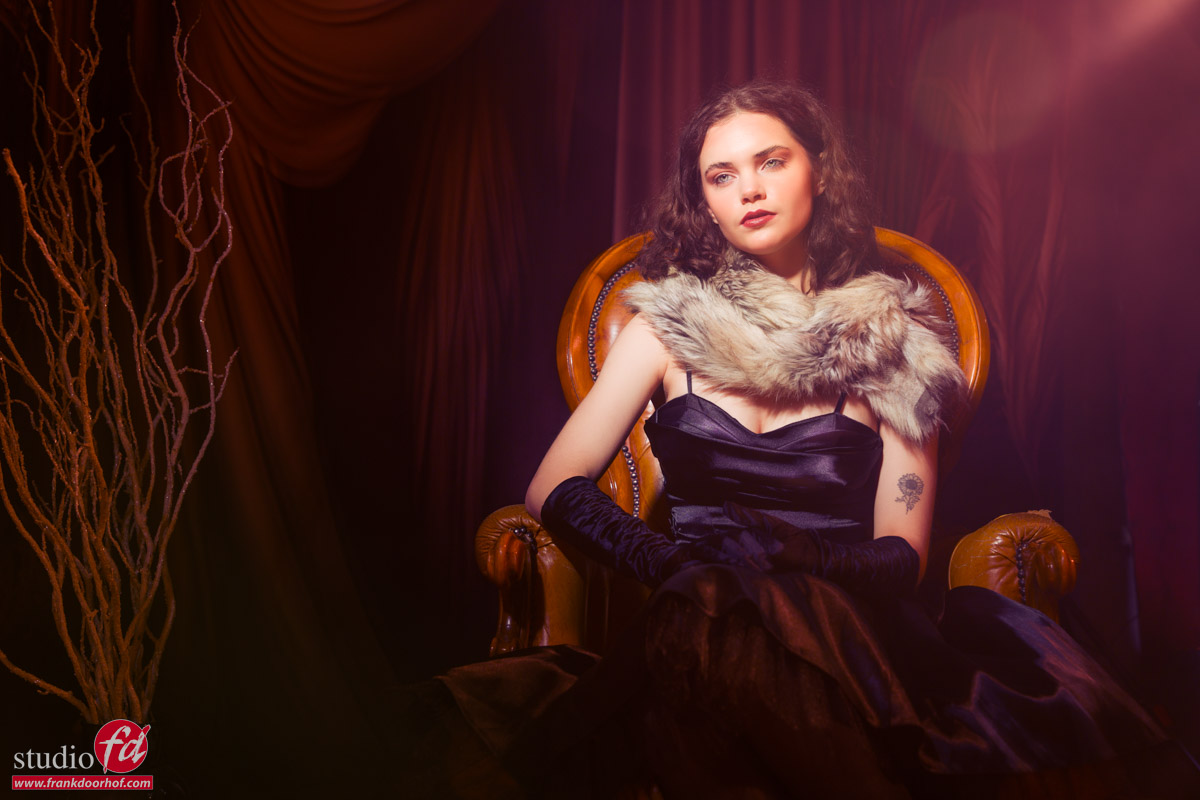
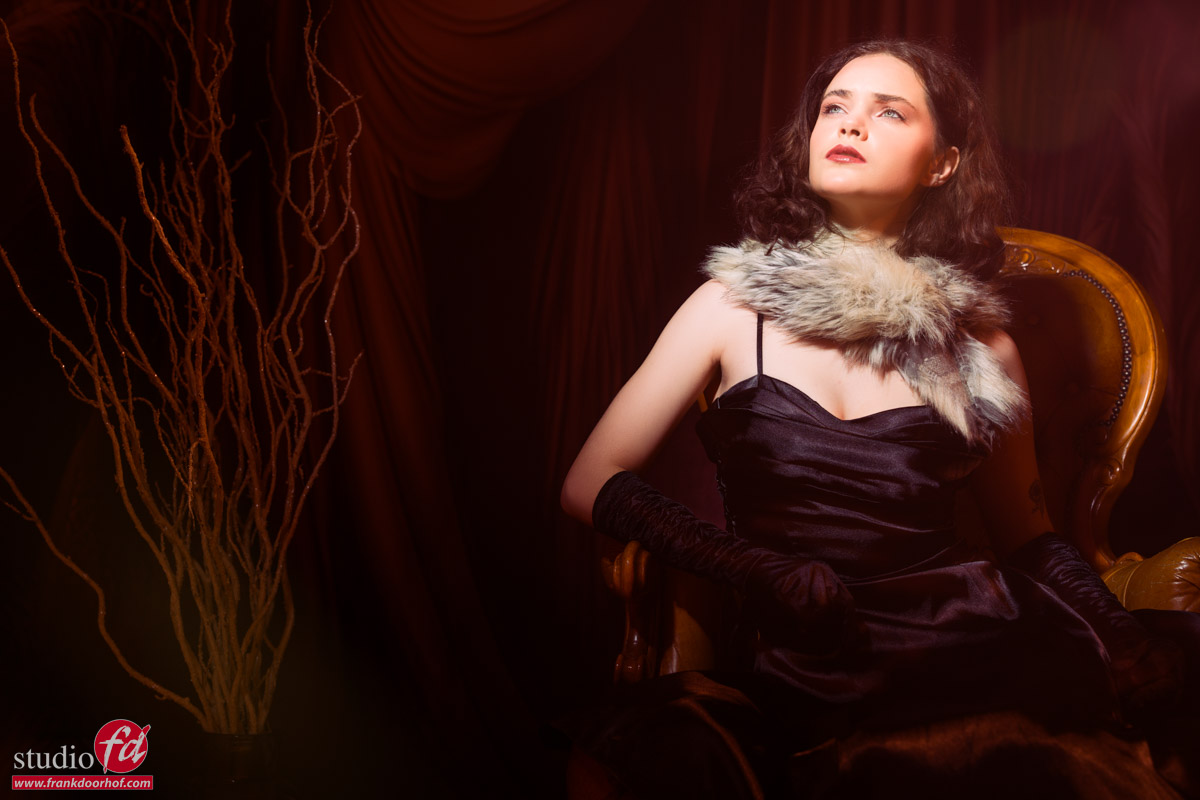
But as you can see, it’s always nice to change clothing during a set.
Personally I love both outfits equal, but the red is very striking in this setup.
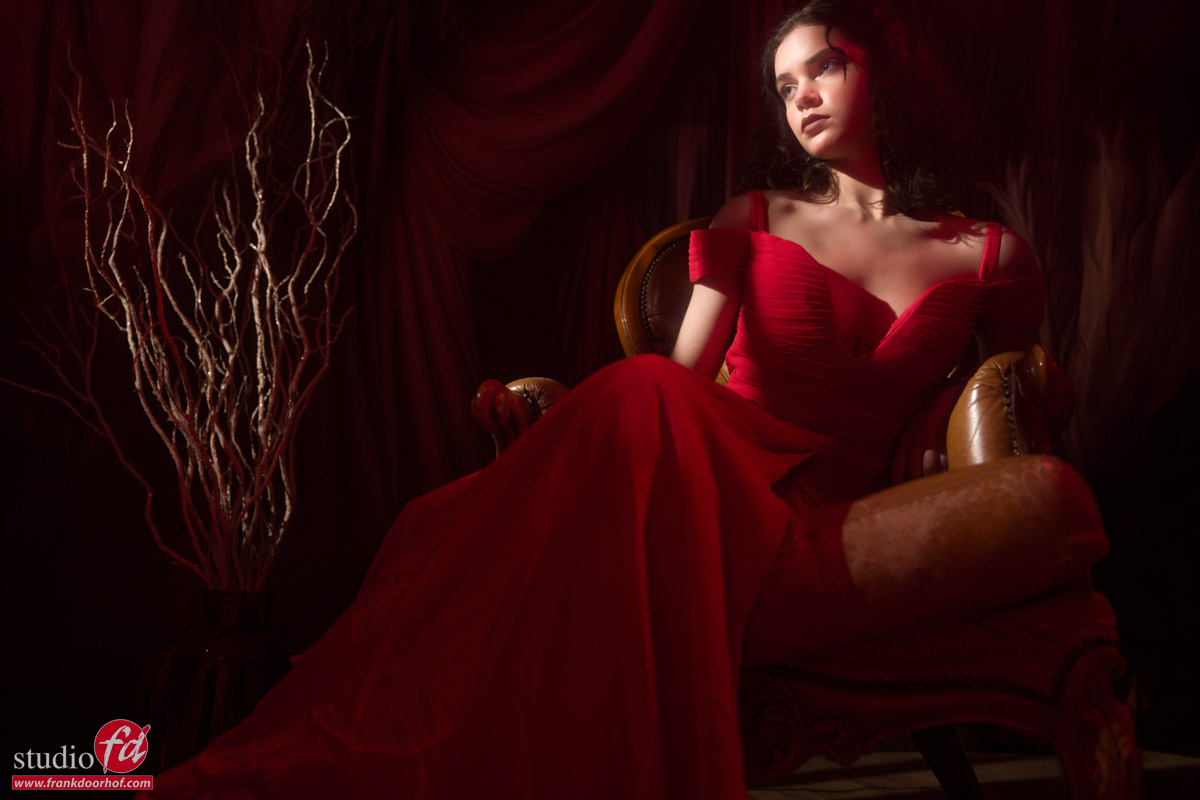
Adding some slight glow to the image will give it a very nice old fashioned glamour look.
Back to the old days of Hollywood, but now in color.
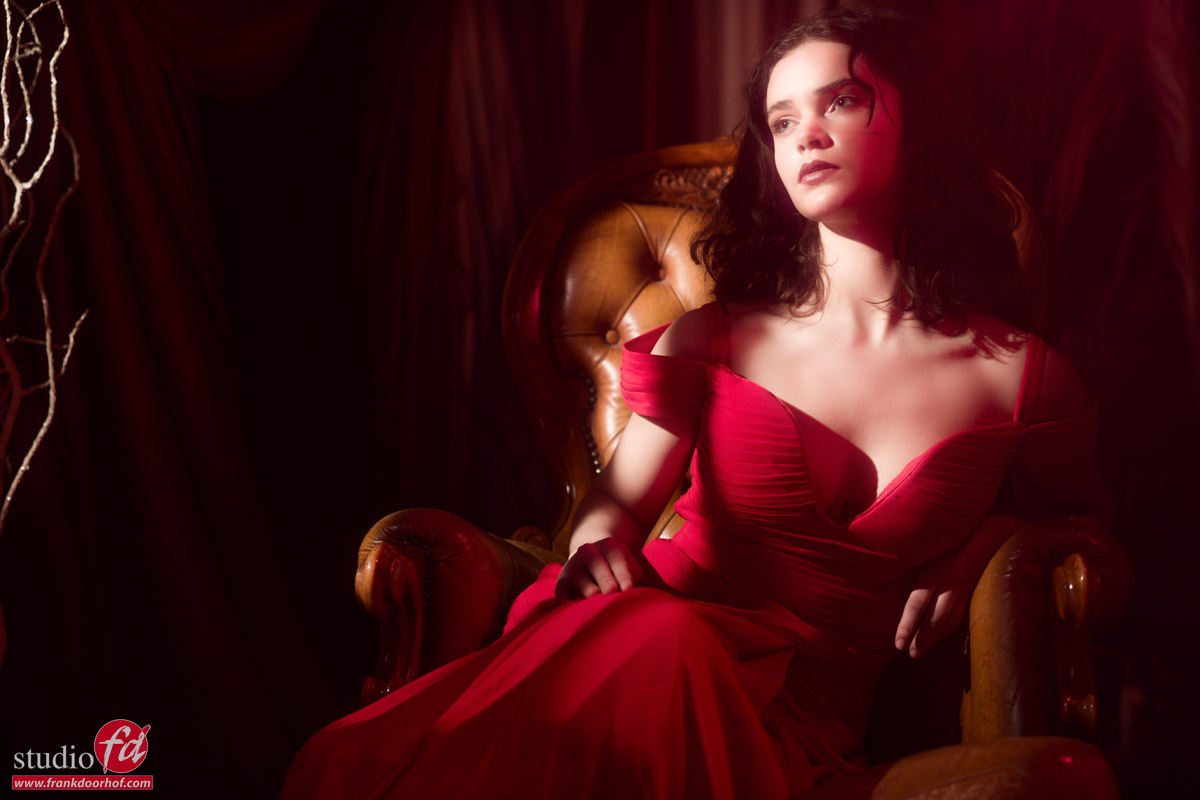
And finally I could not resist to shoot one image from the side for some high contrast portraiture.
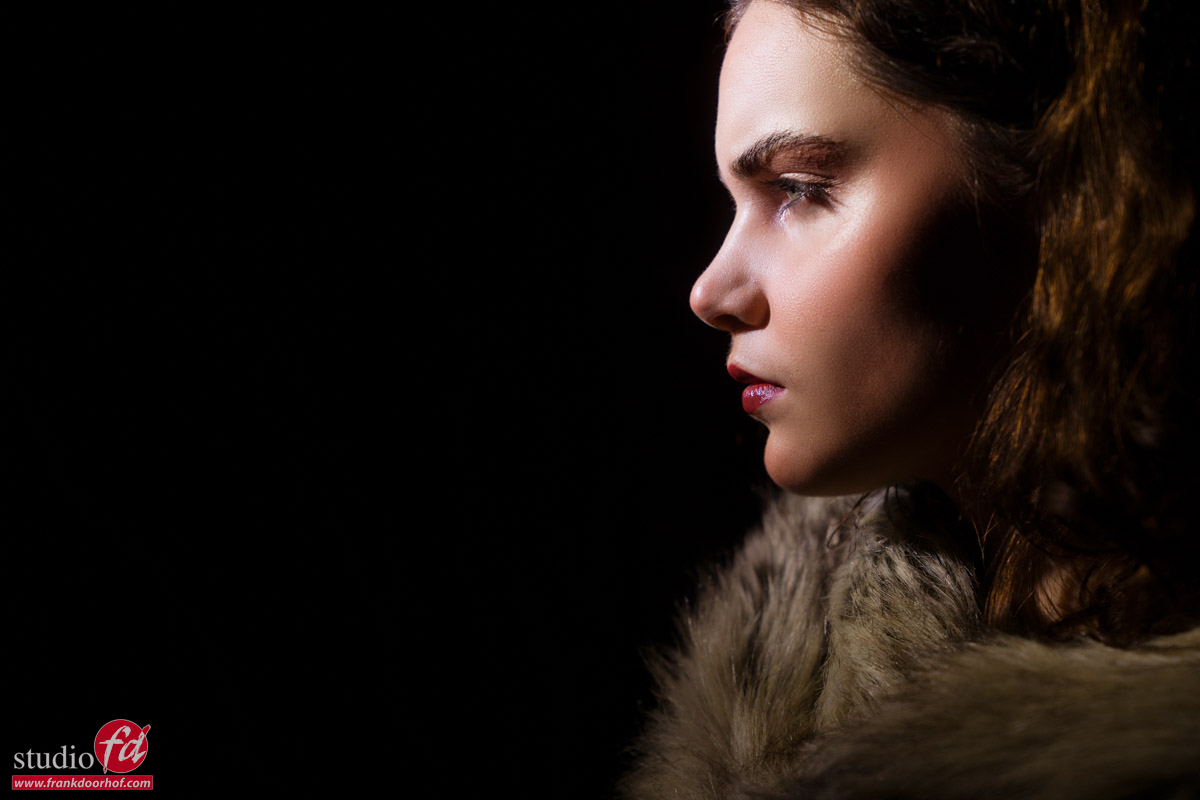
Also want to visit a workshop?
Visit www.fotografie-workshops.nl for more info.
Like this:
Like Loading...
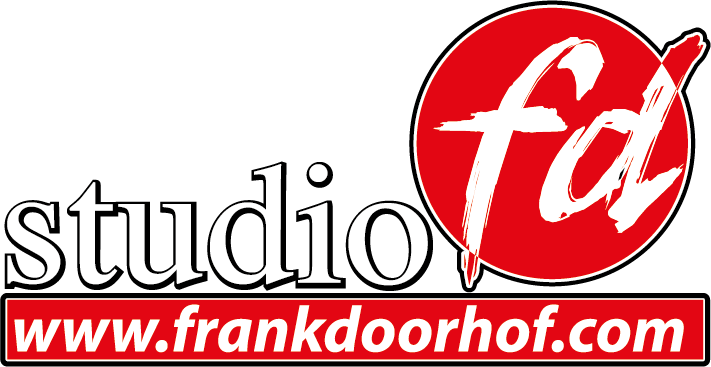





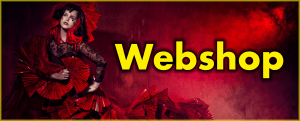
You must be logged in to post a comment.